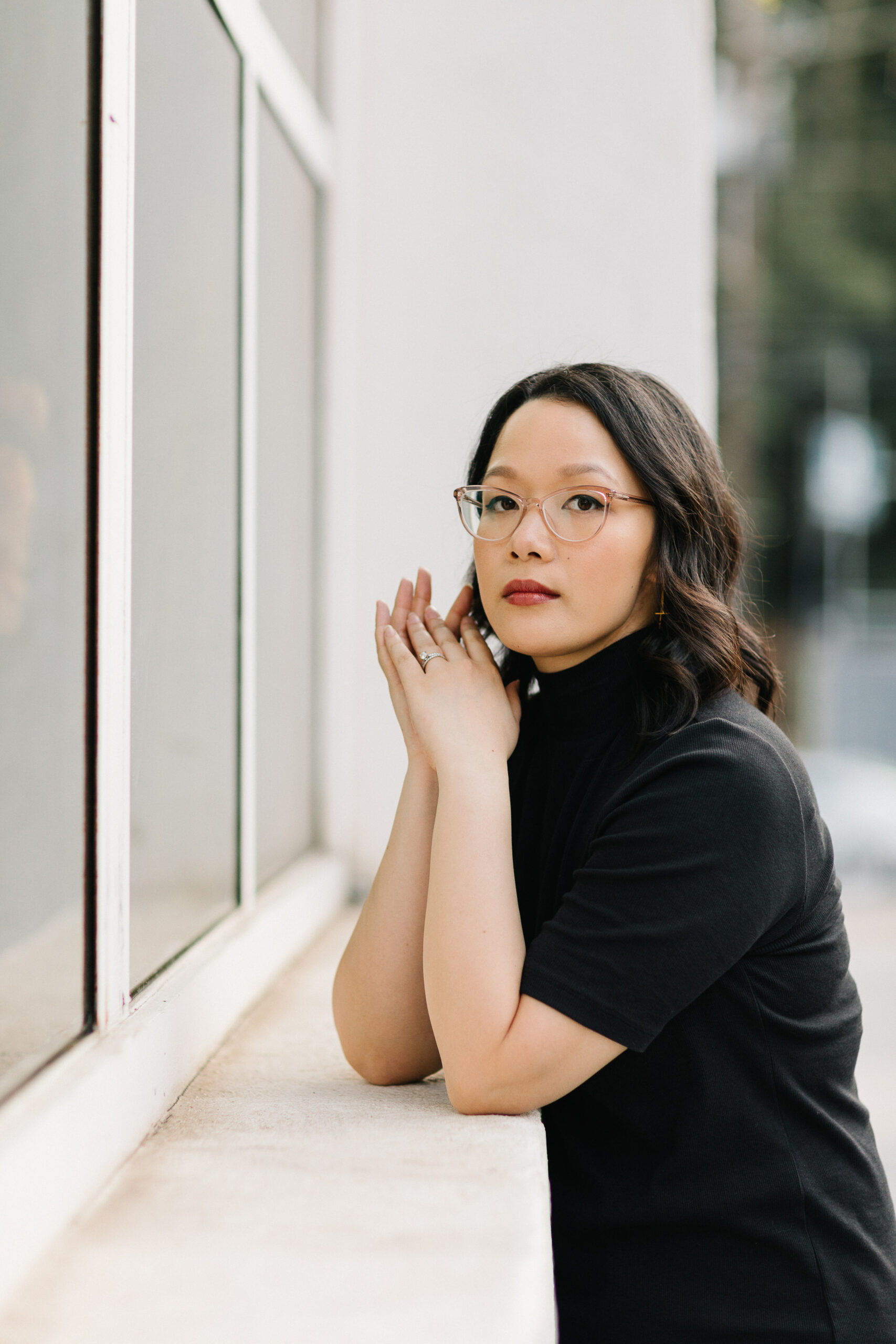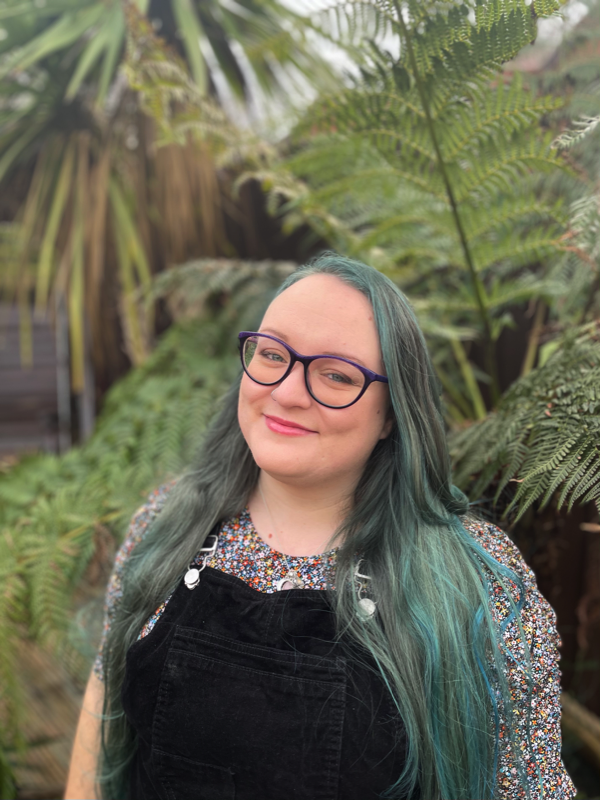
by Michele Kirichanskaya | Apr 14, 2023 | Blog
Trang Thanh Tran (they/she) is a Vietnamese American writer telling all stories scary, otherworldly, and emotional. Trang grew up in a big family in Philadelphia but now calls the South home. They’re an alum of the Writing Barn’s Rainbow Weekend and Tin House’s YA...

by Michele Kirichanskaya | Jul 22, 2022 | Blog
Francesca May grew up in the middle of England where she spent her childhood devouring fantasy books and brewing potions in her back garden. She currently lives in Derby with her family, three giant dogs, and two black cats. By day she works as a bookseller at...




